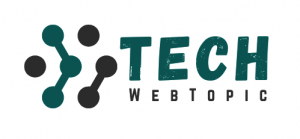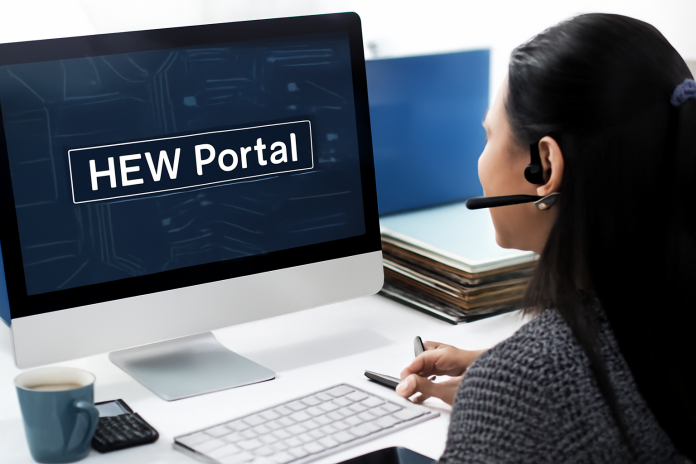In an era of rapid digital transformation, ensuring citizens can access critical public services with ease and security has become paramount. The HEW Portal—a comprehensive Health, Education, and Welfare gateway—emerges as a model solution, uniting disparate government systems into a single, user-centric platform. By streamlining access to health records, educational resources, and social welfare benefits, the HEW Portal promises to enhance service delivery, reduce administrative overhead, and foster greater civic engagement.
Streamlined Service Access
At its core, the HEW Portal consolidates three traditionally siloed domains:
- Health: Secure online access to personal medical history, immunization records, prescription renewals, and telehealth consultations.
- Education: Centralized enrollment, grade reporting, scholarship applications, and continuing-education course catalogs.
- Welfare: Real-time benefit eligibility checks, application submission for income support or housing assistance, and status tracking.
A federated identity system allows users to log in once and seamlessly navigate between these services—no multiple usernames or passwords. Role-based access controls ensure that citizens, educators, healthcare providers, and social workers each see only the information and tools relevant to their needs.
Data Integration and Privacy
By leveraging modern interoperability standards (e.g., HL7 FHIR for healthcare, LTI for educational tools), the portal ingests data from hospitals, schools, and welfare agencies into unified dashboards. Machine-readable APIs and a standardized data schema enable real-time updates: a new prescription or a change in benefit status is immediately reflected in the user’s account.
Privacy and security are embedded by design. All personal data is encrypted in transit and at rest using advanced cryptographic protocols. A zero-trust framework applies continuous verification of user identities and device health, protecting sensitive information from unauthorized access.
User Experience and Accessibility
The HEW Portal prioritizes intuitive design and universal access. A single, responsive interface adapts to desktops, tablets, and smartphones. User journeys are mapped to common scenarios—“Find my next vaccine appointment,” “Check my child’s school assignments,” or “Request rental assistance”—guiding users step-by-step with plain-language prompts and embedded chatbots for live support.
Accessibility features comply with WCAG 2.1 AA standards, including high-contrast modes, screen-reader compatibility, and simplified layouts for users with cognitive or motor impairments. Multilingual support ensures non-native speakers can interact in their preferred language.
Analytics and Proactive Outreach
Beyond on-demand access, the portal harnesses anonymized usage analytics and predictive modeling to identify unmet needs. When a user’s records indicate a missed vaccination, the system can send automated reminders. Families approaching the income threshold for benefits receive proactive outreach about eligibility, reducing reliance on manual casework and expanding coverage.
Governance and Continuous Improvement
A multi-stakeholder governance board, comprising representatives from health, education, and welfare agencies, technologists, and citizen advocates, oversees the HEW Portal’s strategic direction. Open-source components and public developer sandboxes invite third-party integrations and innovations. Quarterly feedback cycles and user satisfaction surveys drive iterative enhancements.
Measuring Success
Key performance indicators demonstrate the portal’s impact:
- 40% reduction in time to complete multi-agency applications
- 30% increase in on-time immunizations through automated reminders
- 25% reduction in call center volume for status inquiries
- 20% rise in online school engagement via integrated learning tools
Conclusion
The HEW Portal exemplifies how modern digital platforms can break down bureaucratic barriers, delivering integrated, secure, and accessible public services. By focusing on user needs, robust data integration, and inclusive design, the portal not only simplifies interactions with government but also fosters healthier, better-educated, and more resilient communities. As the platform evolves—incorporating emerging technologies such as AI-powered virtual assistants and blockchain-based credentialing—it promises to set a new standard for citizen-centered service delivery worldwide.


